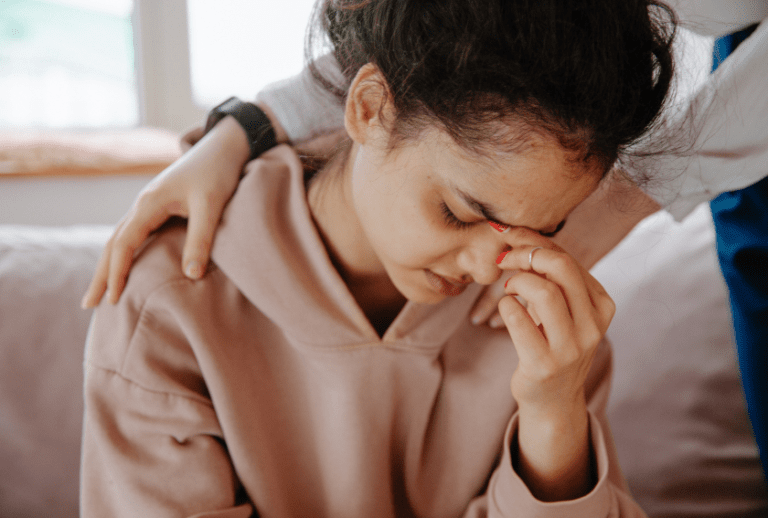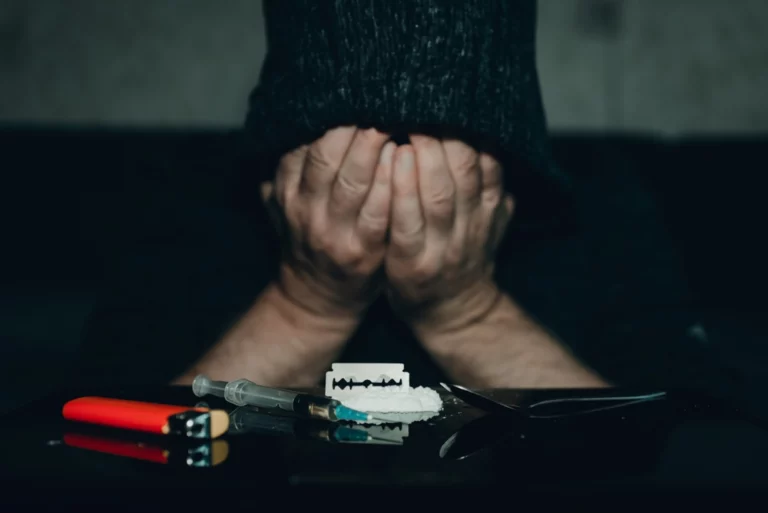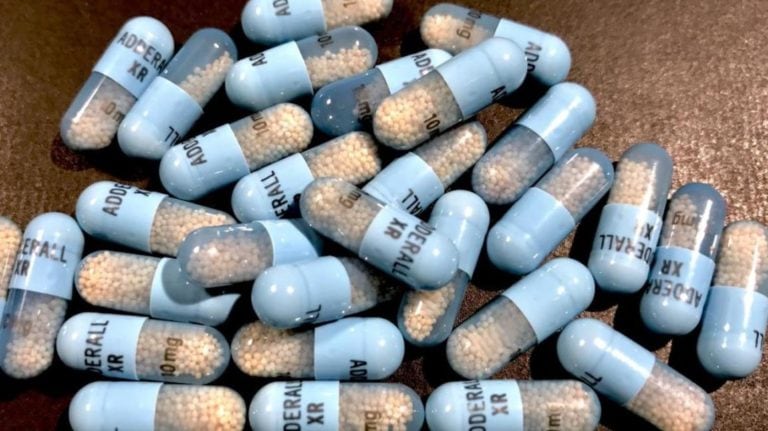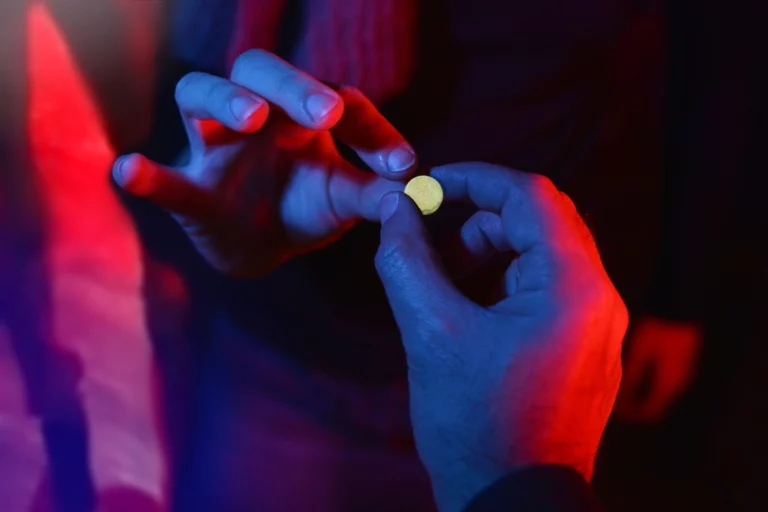What Is Drug Abuse Relapse?
In general terms, relapse is defined as the worsening of a person’s state of health after a period of improvement. This generally refers to someone with a medical condition. Drug abuse relapse, generally also referred to simply as “relapse,” refers to a person beginning to drink or use drugs again after a period of intentional abstinence.
For example, if a person attends a 28-day rehab program and does not use drugs during that time, but starts using them again once they leave, that is considered a relapse. Similarly, if a person has been attending meetings of Alcoholics Anonymous for the past few months and has abstained from drinking alcohol, then one day goes to a bar and drinks a beer, they will have relapsed.
It is important to know that relapse is common—though it is by no means necessary for the recovery process.
A research study published in 2017 and titled “A Comparative Study of Factors Associated with Relapse in Alcohol Dependence and Opioid Dependence” states, “Management of substance use disorders is riddled with multiple relapses. Research studies show that 65–70% of abstinent alcohol-dependence subjects relapse within 1 year, especially within the first 3 months of abstinence. […] Similar, if not greater, rates are seen in opioid dependence. In addition, studies have reported alarming rates of relapse with opiate addiction compared to other drugs, with one study reporting a relapse rate of up to 91% in opiate addicts, indicating that the risk for relapse could be higher for opiate addiction than it is for other drug addiction.[5]”
Warning Signs Of Relapse
Though drug abuse relapse may seem like a sudden action, there are actually many factors that are involved in leading up to the decision to start using drugs again. Some of these signs can be subtle and insidious, so it is important to be aware of them and seek appropriate support if these situations, thoughts, feelings, behaviors, or actions begin to arise.
Warning signs of relapse include:
- Reminiscing on the “good ole days” of drug abuse
- Stopping, or significantly limiting, attending recovery support groups
- Distancing oneself from friends in recovery and recovery community
- Frequenting places where drugs and alcohol are being used
- Developing negative feelings of resentment towards recovery
- Thoughts like “Why can’t I drink and do drugs while other people can?”
Certain experiences can put people at more risk of relapse, including:
- Boredom
- Illness
- Depression
- Major life transitions
- Social isolation
- Stress
Relapse prevention—the process of identifying situations and factors that may trigger a relapse, and developing coping strategies and plans for those moments—can be very useful for individuals in recovery. One research study titled, “Relapse Prevention and the Five Rules of Recovery” states, “The key to relapse prevention is to understand that relapse happens gradually [6]. It begins weeks and sometimes months before an individual picks up a drink or drug. The goal of treatment is to help individuals recognize the early warning signs of relapse and to develop coping skills to prevent relapse early in the process when the chances of success are greatest. This has been shown to significantly reduce the risk of relapse [7].”
Relapse can be disheartening, and it can also be deadly. If you are having thoughts of relapse, you should seek help and support as soon as possible. Relapse happens, but it doesn’t have to.

Oasis Recovery Can Help
If you or someone you love has developed an addiction or dependence to drugs or alcohol, or has relapsed and are wondering how to get help, we encourage you to reach out to the professionals at Oasis Recovery to learn more about our personalized treatment programs and mental health services. Recovery is always possible. Our experts work with you to design a treatment plan that fits your needs. Common treatment programs include:
- Intensive Outpatient Programs (IOP)
- Full-time Addiction Treatment on campus
- Aftercare Services
Contact us today for more information about how our programs and services can help you get your life back on track.










